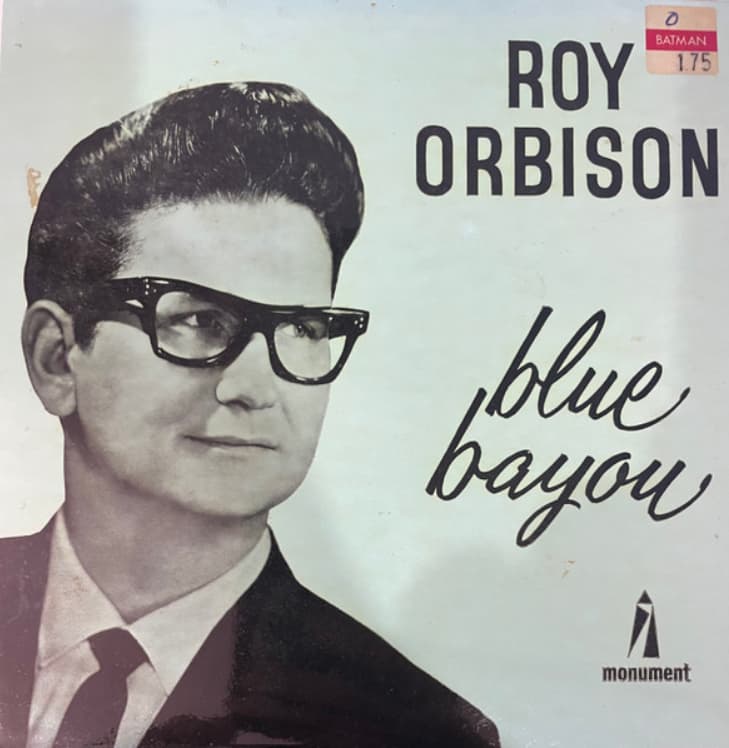
Roy Orbison’s “Blue Bayou”: A Journey Back to Paradise Lost
Roy Orbison, known for his dramatic vocals and melancholic ballads, paints a vivid picture of longing and nostalgia in his 1961 hit “Blue Bayou”. The song takes us on a journey through the eyes of a man yearning to return to a simpler time and a lost love in a place called Blue Bayou.
“Blue Bayou” is a prime example of Orbison’s signature style. Lush orchestration and a driving rhythm section create a soundscape that perfectly complements his powerful voice. The lyrics evoke a sense of idyllic beauty associated with Blue Bayou, a place filled with gentle sunrises, sleepy eyes, and playful catfish. However, this paradise is tinged with sadness, as it represents a past life the narrator desperately wants to recapture.
The song’s emotional core lies in the protagonist’s yearning for his lost love. He sings of saving every penny, working tirelessly, just to return to Blue Bayou and reunite with her. The repetitive line “on Blue Bayou” becomes a mantra, a symbol of his hope for a happier future.
“Blue Bayou” is more than just a love song; it’s a reflection on the passage of time and the bittersweet nature of memory. The narrator longs for a simpler time, a time of innocence and carefree living. Blue Bayou becomes a symbol of this lost paradise, a place where worries fade away and happiness reigns.
The song’s enduring popularity is a testament to its ability to evoke a powerful emotional response. Orbison’s masterful storytelling and his signature melancholic delivery create a listening experience that is both beautiful and heartbreaking. “Blue Bayou” continues to resonate with listeners of all ages, a reminder of the universal longing for home, love, and a simpler life.